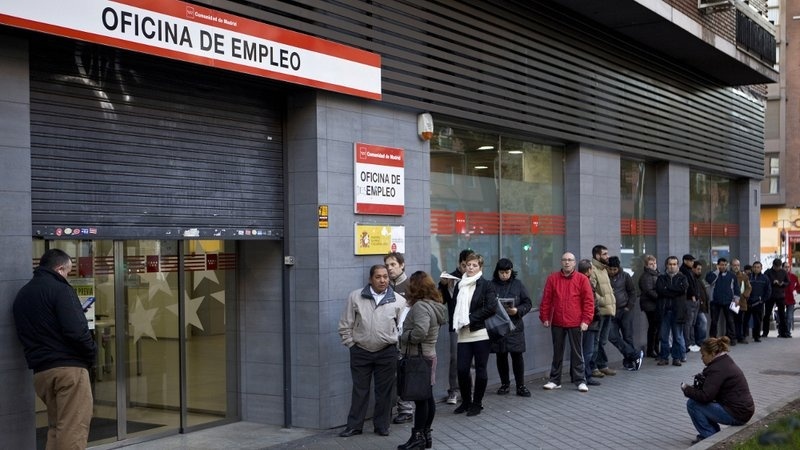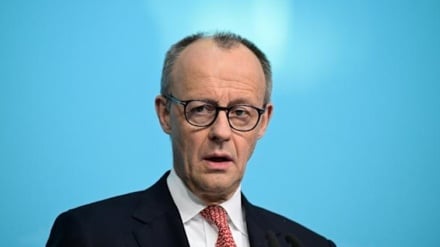Crisis in Europe: From unemployment to economic slowdown
-

Crisis in Europe: From unemployment to economic slowdown
Pars Today – The European Commission's statistical office (Eurostat) announced that approximately 13.1 million people were unemployed in the European Union in May 2025.
Unemployment and labor shortages remain among the most serious challenges across Europe. At the same time, the continent is grappling with deep structural issues. Soaring energy costs, particularly for electricity and natural gas, continue to severely undermine Europe's competitive landscape.
According to a report by Pars Today, citing Euronews, estimates from the European Commission's statistical office (Eurostat) indicate that approximately 13.1 million people were unemployed in the European Union in May of this year. This is despite the fact that the European Commission has implemented various measures in recent years to address employment and social challenges within the Union, yet millions of job vacancies remain unfilled.
Furthermore, Euronews recently confirmed in a report that Europe's economic growth nearly stalled in the second quarter of 2025, with both economic growth and industrial production declining sharply—a development that has raised concerns about the potential derailment of the region's anticipated economic recovery.
According to a report by Eurostat, the quarterly gross domestic product (GDP) in the eurozone increased by only 0.1% in the three months leading to June of this year, unchanged from the initial estimate. The European Union's GDP also grew by 0.2%, consistent with previous projections.
These figures indicate a sharp slowdown in Europe's economic growth compared to the first quarter of 2025, when GDP rose by 0.6% in the eurozone and 0.5% across the European Union, driven by export growth.
Meanwhile, Euronews described the economic recovery across the European Union as uneven, stating: "The eurozone economy barely grew in the second quarter of 2025, with Germany and Italy's economies contracting during this period."
According to the statistics, Spain led Europe's economic growth with a 0.7% increase, driven by strong domestic demand and investment. Portugal followed with 0.6%, and France with 0.3%.
However, two major economies of the eurozone—Germany and Italy—experienced a 0.1% decline in economic growth.
Adding to concerns in this regard is the 1.3% decline in industrial production in the eurozone in June, which reversed the 1.1% increase recorded in May and fell short of expectations for a modest 1% decrease.
Across the European Union, industrial production decreased by 1%. Among member states, Ireland experienced the largest annual decline in industrial production at -11.3%, followed by Portugal and Lithuania, which also saw significant reductions.


